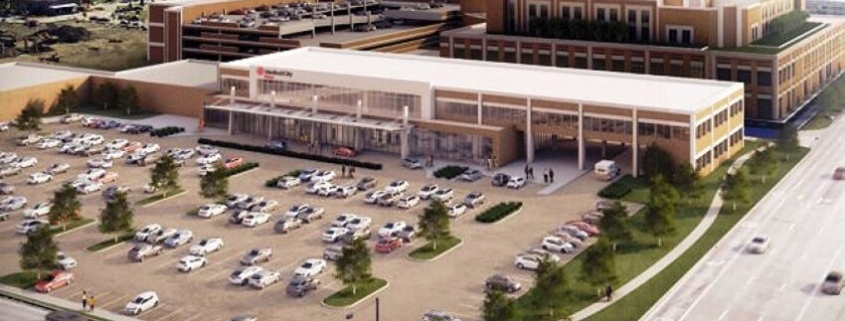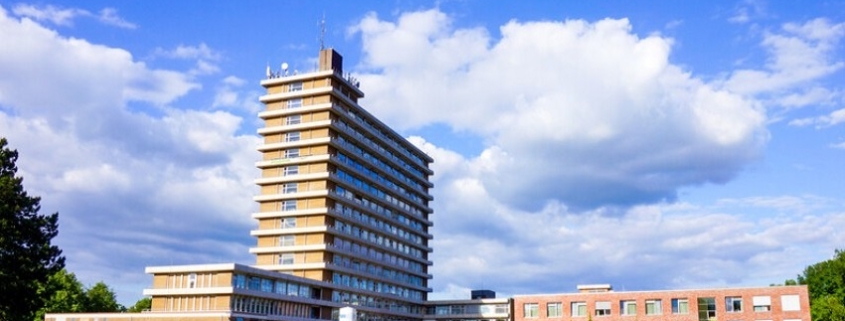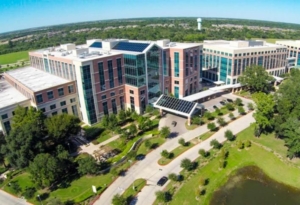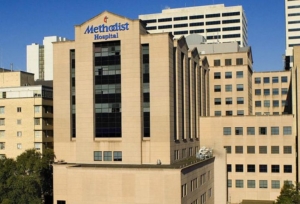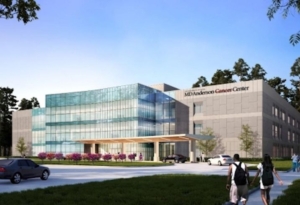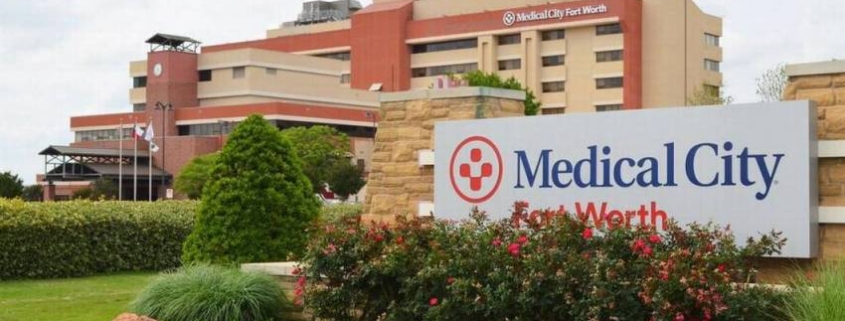Medical City Frisco’s Newest Addition
Medical City Frisco plans to build a $91 million patient building that will add 36 patient care beds to the hospital.
The building will add 118,481 square feet to the facility, bringing the facility’s total bed count to 97. It will have an entrance on Frisco’s Main Street and is being constructed to allow for natural light and include comfortable furnishings, large patient rooms, a spacious waiting area, and 300 parking spaces. Construction is scheduled to be completed in December 2022.
The development is part of Medical City Healthcare’s five-year, $1.1 billion investment in expanding hospitals, adding service lines, building new facilities, and advancing technology systemwide. It comes on the heels of another recent renovation at its Frisco hospital.
Prior to the pandemic, Medical City Healthcare’s Frisco hospital saw 3,900 admissions and 15,000 emergency room visits. The hospital now has 11 operating rooms, a biplane cardiac catheterization lab, 61 patient rooms, and office space, following the completion of a $54 million, 150,000 square-foot medical office building that opened in June.
The hospital’s growth has mirrored the larger community. Over the last 10 years, Frisco has grown over 70 percent, outpacing any other city in the nation. The city’s population is more than 200,000 people in 2020, an increase from the roughly 117,000 people reported in 2010. It has been ranked America’s fastest growing city and No. 1 in job growth at different points throughout the last decade.
Most of the major health systems have built hospitals along the Dallas North Tollway in Frisco, including Texas Health, Baylor Scott & White, Scottish Rite, Children’s Health, Cook Children’s, and UT Southwestern.
“We are proud to be part of, and continue to invest in, the Frisco community, which continues to grow at a phenomenal pace,” said Patrick Rohan, CEO of Medical City Frisco via release. “Anticipating future community needs helps keep our neighbors healthy and advances our mission to the care and improvement of human life.”
Source: D Magazine

